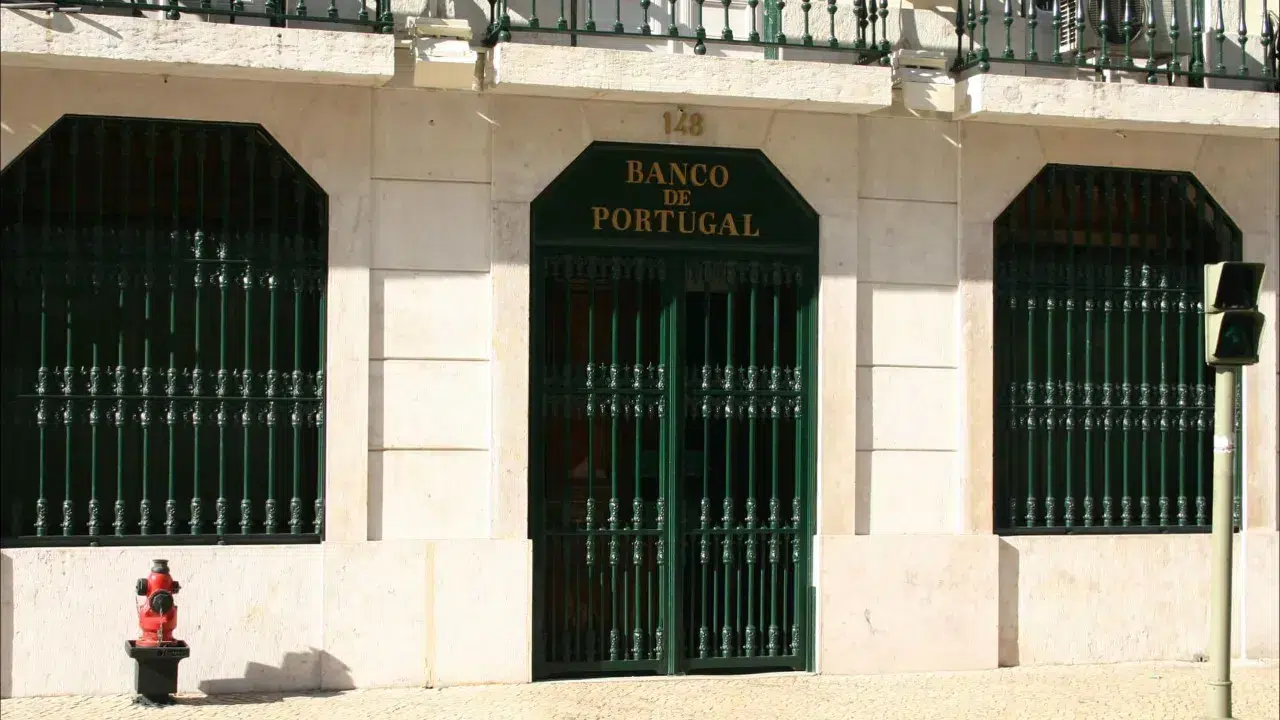
According to central bank data, despite a year-on-year decrease of approximately 1.546 billion euros, this was, nominally, the second-highest surplus by May in the entire series.
This variation resulted from an increase of about 2 billion euros in the goods deficit, exacerbated by the growth of imports (up 1.8 billion euros) and a decrease in exports (-235 million euros).
Simultaneously, the primary income deficit, due to a lower allocation of European Union (EU) funds in the form of subsidies (-264 million euros), led to a worsening of 217 million euros.
By May, the services balance surplus grew by 759 million euros, “mainly justified by the evolution in the travel and tourism balance (+411 million euros) and technical services related to trade and other services provided by companies (+170 million euros).”
Thus, by May this year, the financial balance amounted to 689 million euros, reflecting the funding capacity of the Portuguese economy.
According to the regulator, non-monetary financial institutions, excluding insurance companies and pension funds, were the sector contributing the most to this balance, largely due to reduced capital liabilities and debt securities by non-residents.
Conversely, the ‘central bank’ sector experienced the largest reduction in net foreign assets, influenced by increased deposit liabilities.




